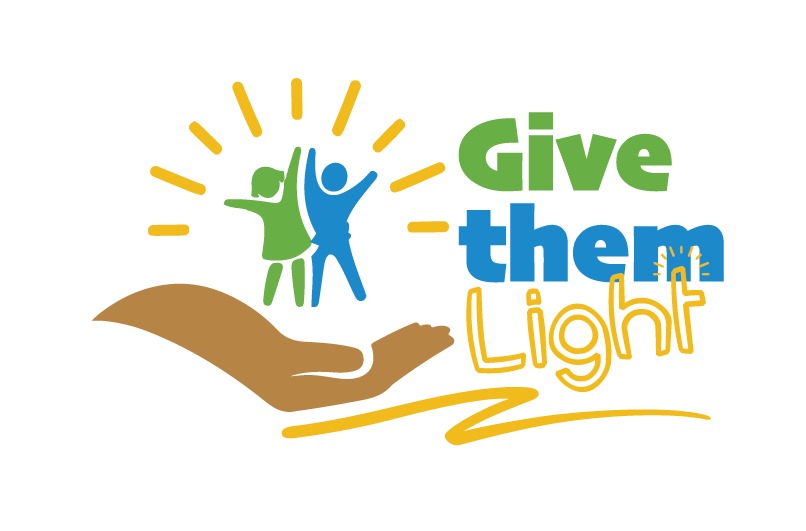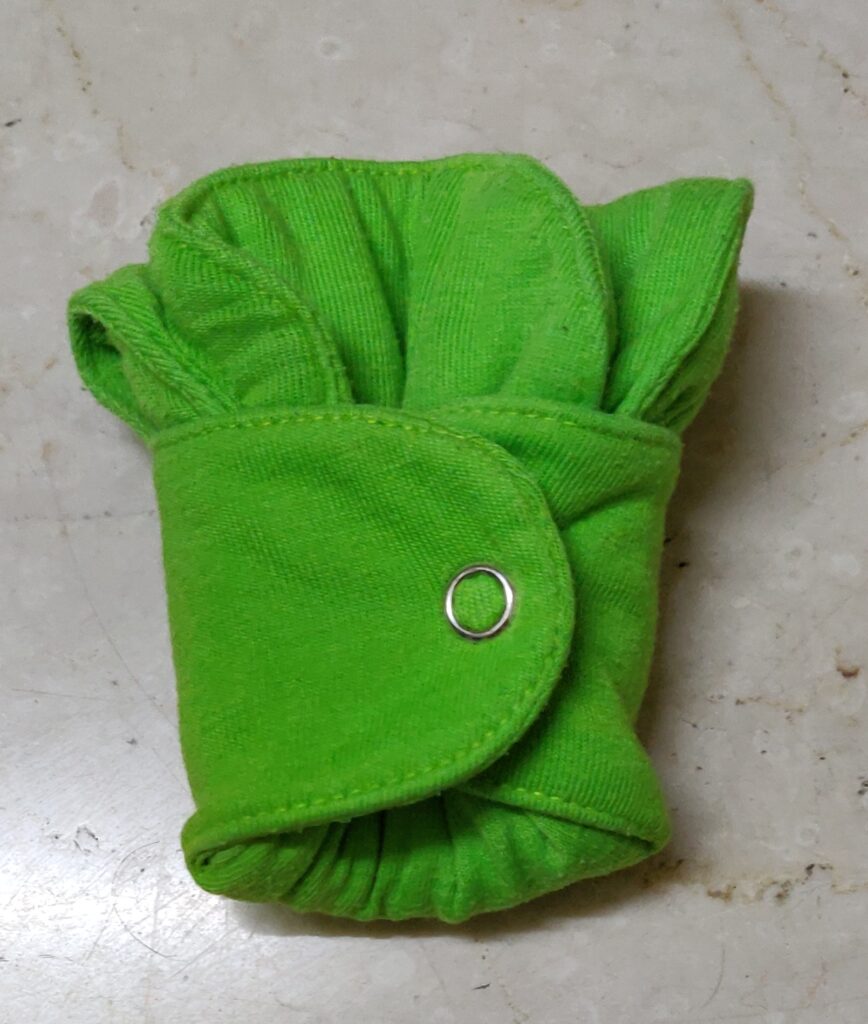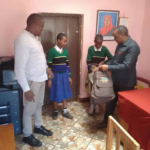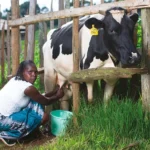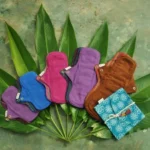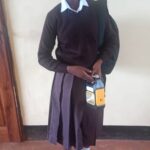Taking care of menstruation hygiene is a major issue that poor girls worldwide, particularly in Tanzania, must deal with. When they are menstruating, girls who cannot afford sanitary products frequently have to settle for less hygienic options or avoid school completely. Recycled pad supply aims to solve this problem by offering reusable, environmentally friendly alternatives that meet the needs of underprivileged communities.
Introduction
Adhering to appropriate menstrual hygiene is critical for the health, education, and general well-being of girls from disadvantaged backgrounds. Limited access to sanitary goods feeds a cycle of health risks and lost opportunities for girls to attend school regularly in many regions of the world, including Tanzania.
Define the Project Cause
Giving away reusable pads made of recycled materials to girls from low-income backgrounds is the main goal of this effort. These pads are not only an affordable solution, but they also help the environment by cutting down on the waste that comes with disposable items.
Types and Categories of Menstrual Products
Reusable Cloth Pads
Cloth pads are washable and reusable, making them suitable for communities where access to disposable products is limited.
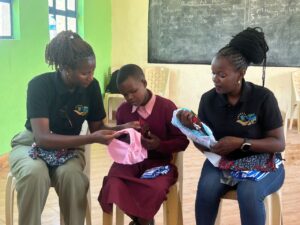
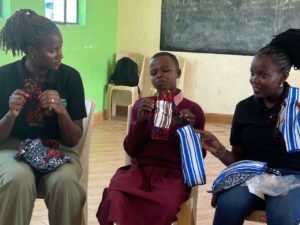
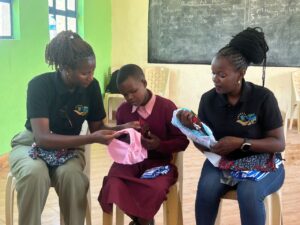
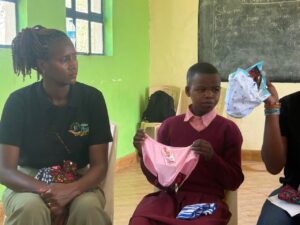
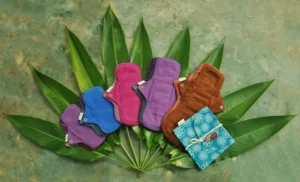
Symptoms and Signs of Poor Menstrual Hygiene
Without adequate menstrual hygiene management, girls may face health issues such as infections, rashes, and discomfort. Socially, stigma and shame associated with menstruation can further isolate them from their communities.
Causes and Risk Factors
Several factors contribute to the challenges faced by underprivileged girls regarding menstrual hygiene, including economic constraints, cultural beliefs that perpetuate stigma, and inadequate education about menstrual health.
Diagnosis and Tests
Assessing the menstrual health needs of underprivileged communities involves conducting surveys and interviews to understand their unique challenges and barriers to accessing sanitary products.
Treatment Options
The initiative focuses on providing sustainable menstrual hygiene solutions such as reusable pads and educating girls on proper hygiene practices to mitigate health risks and empower them with knowledge.
Preventive Measures
Promoting the use of reusable pads among underprivileged girls not only improves their hygiene but also fosters a sense of environmental responsibility. Advocating for menstrual health awareness programs ensures sustained impact and community involvement in promoting hygiene practices.
Personal Stories or Case Studies
Stories from disadvantaged girls who have profited from access to reusable pads illustrate the transforming influence on their health, education, and self-esteem. These anecdotes underline the need of initiatives that prioritize menstruation health as a fundamental human right.
Expert Insights
Health professionals underline the need of sustainable menstrual hygiene solutions suited to the needs of poor communities. Their observations highlight the value of community-driven programmes in reducing health inequalities and advancing girls’ dignity.
Conclusion
In conclusion, the project fills a vital void in the management of menstruation hygiene by giving recycled pads to Tanzanian girls from disadvantaged backgrounds. The programme encourages girls to stay in school and actively engage in their communities while also improving health outcomes by providing recyclable and eco-friendly alternatives. In order to guarantee that every girl has access to the tools required to manage her menstrual health with dignity, support for this cause is essential.
